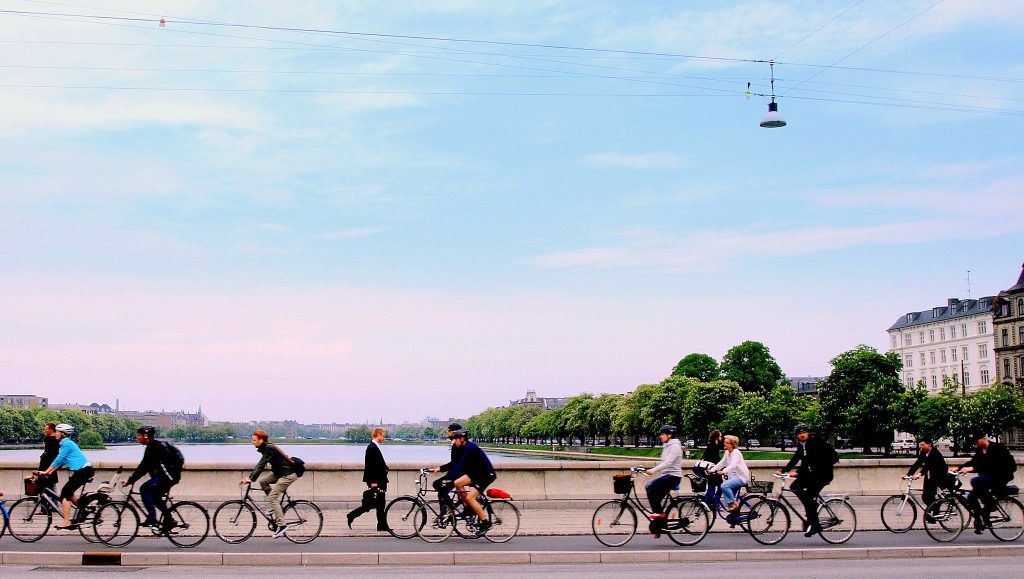Late last year, research from Denmark and Sweden indicated that considerable health benefits were gained by using the bicycle as your primary mode of transportation on a daily basis. Now, comprehensive research findings from Scotland have added weight to those stipulations.
Based on the analysis of data from a whopping 264,337 Brits, researchers from the University of Glasgow have found that people who cycle have a 40 percent reduced risk of dying early, compared to those who only drive or use public transport.
They also have a 45 percent reduced chance of developing cancer and 46 percent less chance of getting cardiovascular disease. Even walking to work or cycling part of the way to work can have an impact. Danish researchers are impressed.
“It’s an enormous study – the largest of its kind thus far – and that’s a clear strength,” Lars Bo Andersen, a professor of epidemiology at the Western Norway University of Applied Sciences, told Videnskab.dk.
“The results support earlier Danish studies, which are not as comprehensive.
READ MORE: Nordic research shows significant health benefits of cycling regularly
Correlation not causality
Andersen was among the first to research the connection between cycling and mortality in a study that was published in 2000 and built on the data of 30,000-plus Danes over a period of about 15 years. That study found that cycling to work reduced mortality by 30 percent.
Although both the new British and old Danish studies show a correlation between cycling and lower mortality rates and risk of illness, neither can prove a direct causality, meaning they can’t be certain that cycling is the direct reason.
For instance, it could be assumed that people who cycle are already in better health and have a healthier lifestyle than those who take passive transport.
“Despite being thorough with controlling all the known disturbing variables – and the researchers have been in this study – there can still be something they’ve missed,” said Andersen.
“It’s impossible to know, so you can’t talk about causality based on observational studies.”
The new Scottish study, published in the scientific journal British Medical Journal, involved asking participants about their transport habits and comparing their answers with their registry data five years afterwards.














